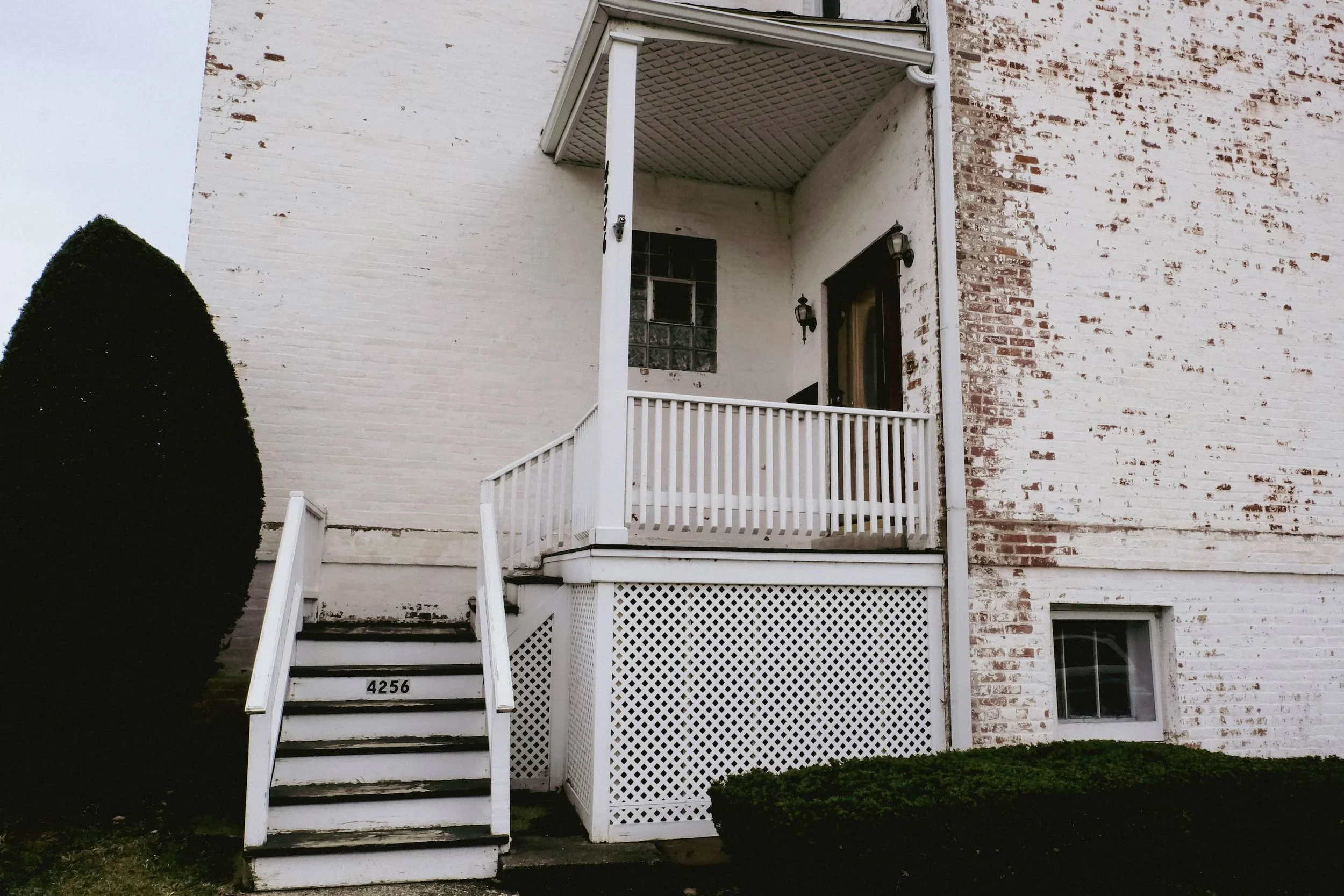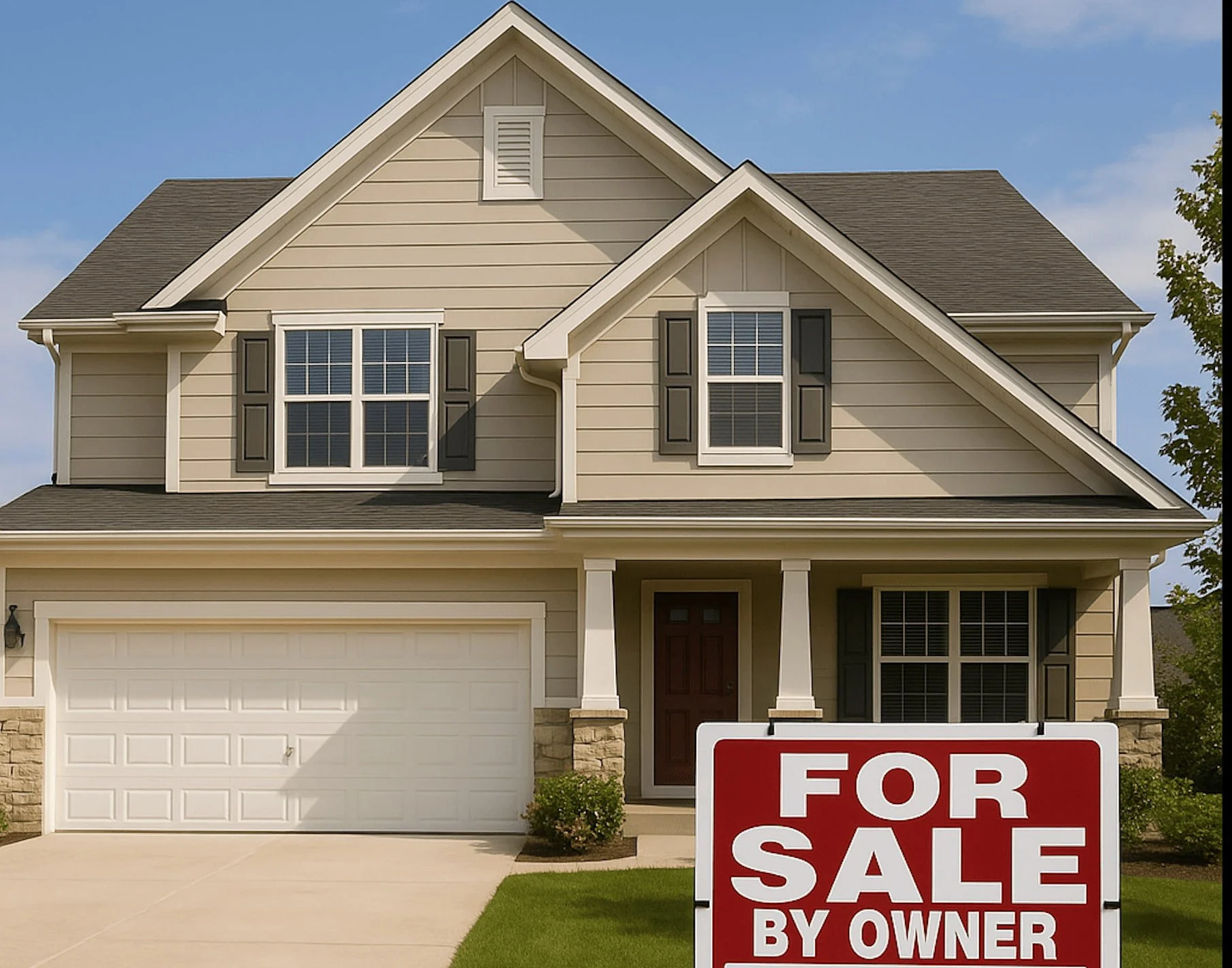Cost Breakdown: Selling Your House Yourself
Thinking about going the DIY route with your home sale? Selling your house by owner (FSBO) can feel like taking the wheel on your own road trip, it’s exciting, cost-saving, and full of learning. But before you cruise into a sale, it’s crucial to know what it costs to sell a house by owner. Spoiler alert: it’s more than just a “For Sale” sign in the yard.
Skipping the real estate agent might save you a hefty commission, but it also means taking on all your responsibilities, from marketing to legal paperwork. This guide breaks down the full range of selling costs you’ll need to budget for, so there are no surprises down the line. Plus, we’ll help you decide whether this route makes sense for your time, money, and energy.
What’s the Real Cost to Sell a House by Owner?
You already know one major perk: no listing agent commission. That alone can save you around 5–6% of your sale price. On a $300,000 home, that’s up to $18,000 in your pocket. Not bad, right?
But here’s the flip side: when you skip an agent, you pick up a bunch of other costs. These may include:
Marketing and advertising
Legal and paperwork fees
Buyer’s agent commission
Pre-listing repairs
Closing costs and transfer fees
All these expenses still apply, even if you're selling your house without an agent. Knowing the true cost to sell a house by owner helps you plan smarter and maximize your profits.
1. Pre-Listing Prep: Getting the House Sale-Ready
Before your listing hits Zillow or hits the curb with a sign, your home needs to look its best. Pre-listing expenses can sneak up if you're not ready.
Common pre-listing expenses:
Home inspection: Not required, but it helps identify issues early. Cost: $300–$500
Appraisal: Sets a fair market price. Expect to pay $400–$600
Minor repairs: Fix that leaky faucet or touch up paint. Budget varies
Getting ahead of repairs and pricing your home accurately helps you avoid deal-breaking surprises later.
2. Marketing and Advertising: Attracting the Right Buyers
If no one sees your listing, it won’t matter how gorgeous your kitchen is. Marketing is essential and often underestimated by FSBO sellers.
Costs to consider:
Yard sign: Around $25–$50
Professional photography: $150–$500 for high-quality images
Online listings: Free on Facebook or Craigslist, but premium platforms like Zillow or FSBO.com may charge $100–$400
Flyers and brochures: $50–$100 for printing
Want more eyeballs on your listing? Consider listing on the MLS through a flat-fee service. It costs about $300–$500 but gives your property greater exposure.
3. Legal and Paperwork Fees: Protecting Yourself
One of the most important—but often overlooked—selling costs involves the legal side. Selling a house is a legal transaction, so documentation has to be airtight.
Legal costs might include:
Real estate attorney fees: $500–$1,500, depending on your state and scope of work
Contract drafting and review
Title and deed transfer fees
In many states, hiring a real estate attorney is mandatory. Even where it isn’t, it’s a smart move to avoid costly errors or disputes. You don’t want to Google your way through a purchase agreement.
4. Buyer’s Agent Commission: Yes, You Still Might Pay One
Even though you're not using a seller’s agent, most buyers work with one. And to attract these buyers, you'll likely need to offer their agent a commission, typically 2–3%.
Why it matters:
Offering this commission expands your reach. Agents are more likely to show your property if there’s compensation involved. You may not love paying a commission, but it could be the ticket to a faster, smoother sale.
5. Home Preparation and Repairs: Boosting Curb Appeal
First impressions matter. You’ll likely need to invest time and cash into making your home shine before listing.
Common home prep expenses:
Painting (interior/exterior): $500–$2,500
Landscaping: $200–$1,000 depending on size and condition
General repairs: Think plumbing, flooring, or HVAC fixes
The good news? Most of these investments have strong ROI. A fresh coat of paint or a cleaned-up yard can attract better offers and help your home sell faster.
6. Closing Costs and Transfer Fees: The Final Step
Even after you’ve negotiated the sale price, there are more costs to wrap up the transaction. These fees can vary by location but are generally non-negotiable.
Typical closing costs include:
Title insurance: Protects both buyer and seller. Cost: $500–$1,000
Escrow fees: Covers payment handling and documentation. Cost: $500–$2,000
Transfer taxes: Set by local governments. Varies widely
Recording fees: Charges to officially transfer ownership
These can total 1–3% of the sale price. Knowing this up front allows you to budget appropriately.
Additional and Hidden FSBO Expenses
It’s not just the obvious stuff that costs money. Be prepared for some extras that can sneak up on you:
Extra marketing rounds if the home doesn’t sell quickly
Staging supplies if your home looks too empty or too personal
Unexpected repairs after the buyer’s inspection
Last-minute legal advice if something goes sideways at closing
These aren’t guaranteed costs, but having a buffer in your budget—say $1,000–$2,000—can help you handle surprises like a pro.
Budgeting Tips: How to Stay on Top of Your FSBO Costs
Managing your selling costs is all about planning. Here’s how to keep things under control:
Create a simple spreadsheet with columns for estimates vs. actual costs
Use free tools and apps like Mint or Google Sheets for tracking
Include a 10–15% buffer for unplanned expenses
Categorize spending: legal, marketing, repairs, commissions, closing
Compare quotes from service providers before committing
By staying organized, you’ll keep your selling costs in check and avoid financial stress during your sale.
Pros and Cons of FSBO
Let’s be real: FSBO isn’t for everyone. Here's what to weigh before you take the leap:
Pros:
No listing agent commission
Direct control over pricing and negotiations
Personal involvement in every step of the process
Cons:
Takes a lot of time and energy
Legal and paperwork responsibilities fall on you
Potential to underprice or overprice your home
If you're confident, detail-oriented, and ready to roll up your sleeves, FSBO can be both empowering and profitable.
How to Cut FSBO Costs Without Cutting Corners
Want to make the most of your home sale without spending a fortune? Try these savvy tips:
Use free online listing platforms like Facebook Marketplace or Craigslist
Opt for a flat-fee attorney rather than hourly rates
Stage using your existing furniture and some DIY decor
Offer buyer incentives instead of paying full commissions
Partner with a flat-fee MLS service for greater exposure
Small changes add up. Thoughtful planning and a bit of creativity can trim thousands off your final bill.
Combining the Benefits: FSBO Meets Cash Sale
While FSBO gives you control and savings, it’s not always the fastest route. That’s where selling your house for cash can offer the best of both worlds. Think about it—no agent fees, no repairs, no long wait times. Many cash buyers purchase homes as-is, meaning you skip the prep and fix-up costs.
You still avoid listing agent commissions, and in many cases, you can close in days, not weeks. Plus, you sidestep a lot of the closing costs that come with traditional sales.
If your priority is speed, certainty, and minimizing out-of-pocket selling costs, then selling your house for cash might just be the power move you didn’t know you needed. This strategy can simplify the process while preserving your bottom line, especially in competitive markets like Chicago or other major metros.




